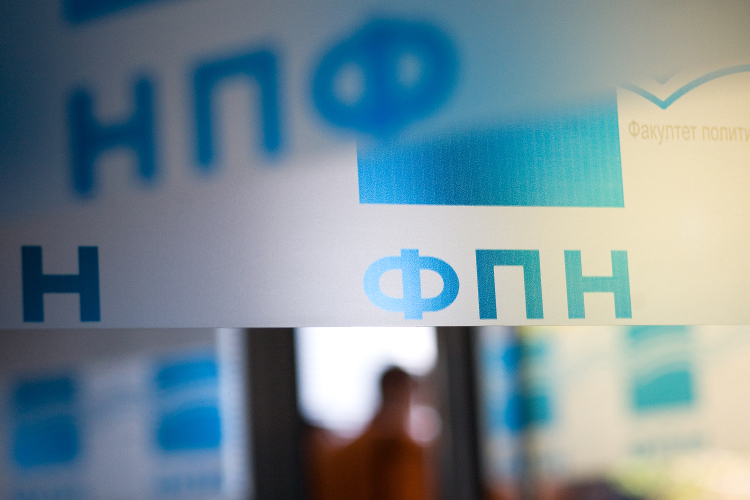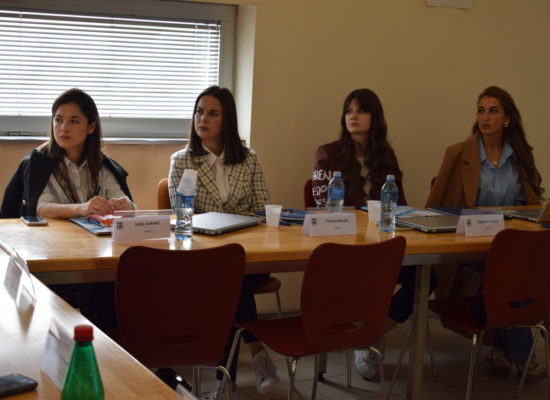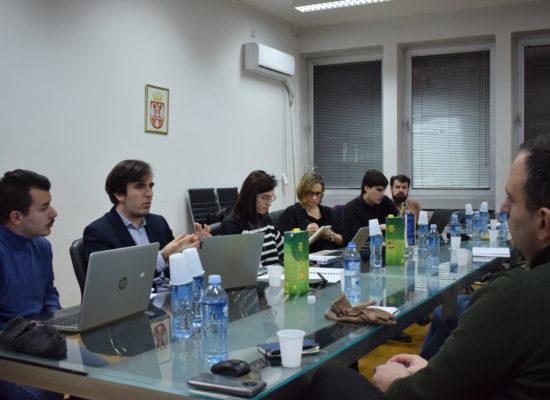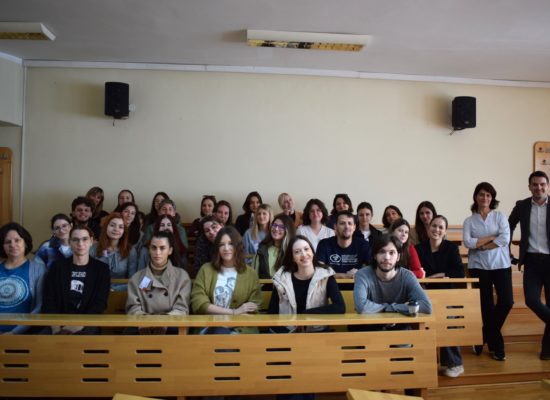
13th Annual Summer School on National Minorities in Border Regions
Ethnic Conflict & Reconciliation | 27 August–3 September 2023 | Belgrade, Serbia
Ever since its first edition in 2011, the Annual Summer School on National Minorities in Border Regions has been one of the fundamental annual activities of the European Centre for Minority Issues. Scholars, Ph.D.- and MA students from various fields come together to discuss and learn about a specific topic related to minority studies.
In 2023, the ECMI Summer School will consist of two thematic parts. In the first part, attention will be paid to what our collective knowledge about ethnic conflict – both in Europe and elsewhere in the world – can tell us about why this torment is rising again. Alongside more micro-level precipitators like local disputes or triggers in specific contexts, participants will discuss long-term, structural causes like poverty, discrimination, and exclusion. Here, the Summer School will feature a quantitative component, where scholars linked to the Ethnic Power Relations project (EPR) will introduce the wealth of comparative datasets available to examine conflicts on a more systematic level. In the second part, participants will examine conflict resolution arrangements, including institutional mechanisms and bottom-up programmes.
Topics and speakers
- Conceptual Foundations of Ethnic Conflict: Can we define ethnic conflict? How does nationalism precipitate ethnic conflict? What is the role of emotions and grievances in causing ethnic conflicts and insurgencies?
- The Agony of Ethnic Conflict: How does conflict affect ordinary citizens? What role do women play in the course of ethnic conflict? What are the roots of ethnic cleansing?
- Measuring Ethnic Conflict: Can we measure ethnic conflict? How can we analyze ethnic conflicts comparatively using datasets? What approaches exist in measuring ethnic conflict and what are the key conceptual and methodological issues involved?
- Post-Conflict Reconciliation: Does the involvement of international organisations facilitate conflict resolution? What are the types of power-sharing arrangements, and do they work? How do bottom-up peacebuilding initiatives enable reconciliation? Why are transitional justice and the establishment of truth important?
Venue and partners



